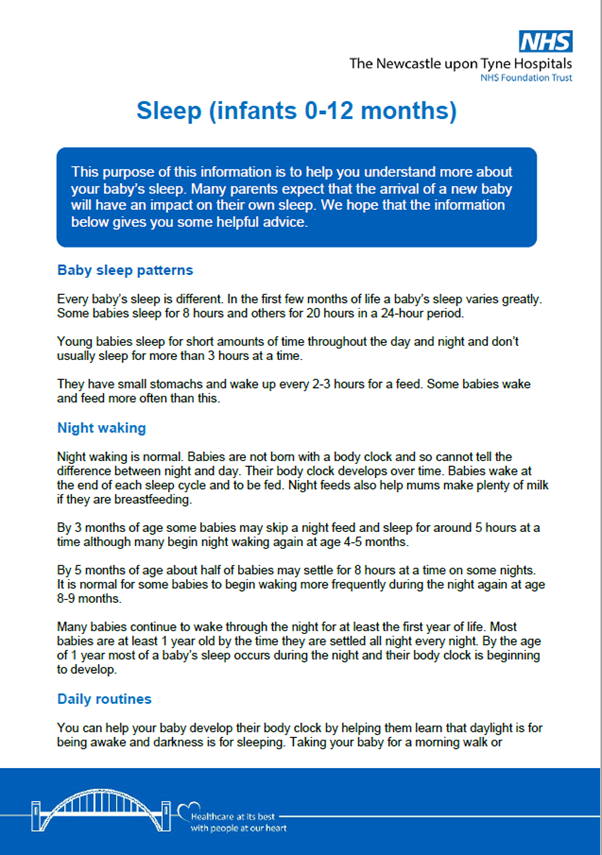Primary school aged children (5-13 years old) - sleep advice

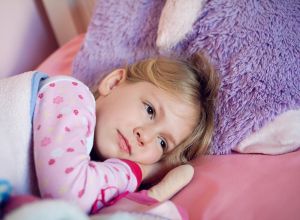
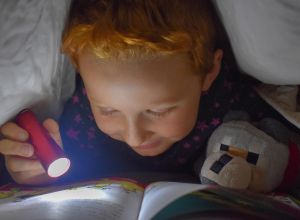
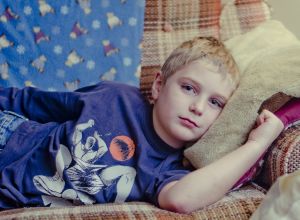
Primary aged children may sleep anywhere between 9-11 hours a day. Some children might have less need for sleep, whilst others may need more — sleep needs vary between children.
Children aged 5 - 13 can also develop some issues with sleep walking or night terrors. They may also develop snoring.
What routines and habits promote good sleep?
Fortunately, there are many practical ways to develop and improve your child’s sleeping routine and habits.
- Maintain a consistent sleep schedule, waking up and going to sleep at the same times (or within an hour of normal times even at weekends, allowing for some flexibility).
- Try to maintain the same sleep routines in the school holidays and when away from home.

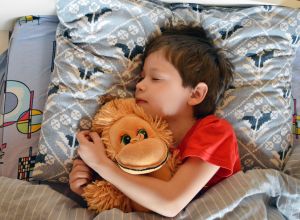
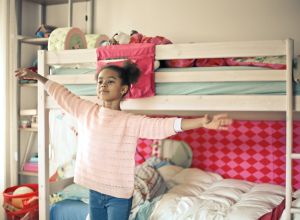

Positive reinforcement:
If appropriate behaviour is rewarded it is likely to be repeated. Parents should provide encouragement and positive praise for small achievable steps. Some parents find it helpful to use star charts for primary school-aged children. Rewards should never be withdrawn.
How do I encourage my child to stick to a sleep routine and good sleep habits?
Ideally, you want to reach a point where, as your child gets older, they take responsibility for their sleep routine and habits. If they can be encouraged to do this before they reach secondary school, it will help to inform a good sleep routine and habits as teenagers.
One of the keys to encouraging children to take some responsibility for their sleep is explaining to them why sleep is important for their health and wellbeing.
Is there a link between screen use and poor sleep?
The scientific evidence base agrees that use of screens before going to bed is detrimental to sleep for people of any age. Using screens sends a signal to your brain that you should still be awake and makes it harder to go to sleep. The use of social media for example, can cause anxiety or an increased state of awareness at a time when you want your child’s brain to be in calm mode.
The Royal College of Paediatrics and Child Health recommend that children avoid looking at screens such as phones, tablets or computers in the hour before bed to reduce disruption to their sleep. They've developed guidelines for clinicians and parents on the health impacts of screen time.
Good example of a bedtime routine for a primary-school aged child:
Start the 'journey to bed' an hour before bedtime using signals such as end of a favourite game or TV programme. Have a 'screen curfew' in the hour before bed.
- A typical good routine involves a bath or shower then quiet time in bedroom with parent before settling into bed and lights out.
- Encourage story time for as long as the child will allow as this is a good bonding time for children and parents.
- Avoid return to daytime activities (e.g. not returning downstairs after bath or shower).
Resources for parents
NHS: Sleep tips for parents of young children
NHS: Sleep tips for teenagers




